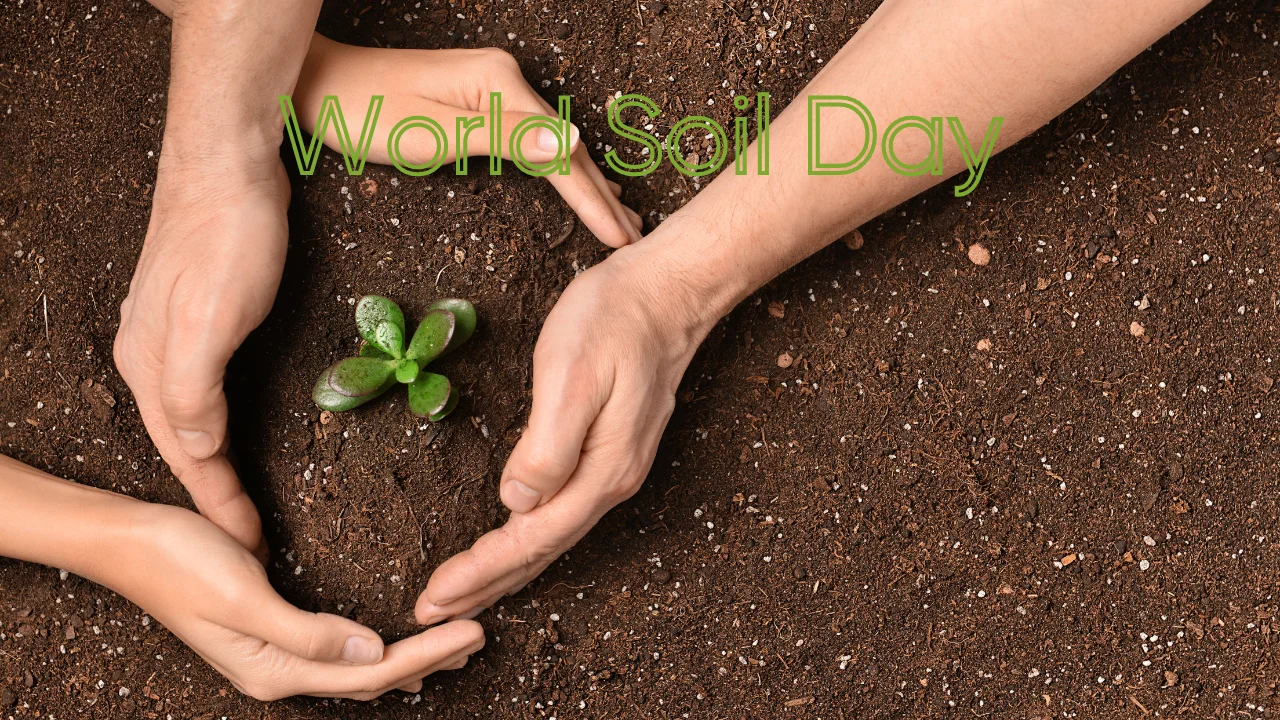Free Courses Sale ends Soon, Get It Now


Free Courses Sale ends Soon, Get It Now



Disclaimer: Copyright infringement not intended.
Context
About
The Origins of World Soil Day
According to scientists, soil-centric agriculture encompasses the following:
Threats to Soil Health
What Are the Signs of Poor Soil?
What are the Initiatives to Improve Soil Health?
Call to Action
World Soil Day 2023 encourages people to work together to protect and manage soil resources sustainably. It promotes individuals, communities, governments, and organizations to embrace soil-health-promoting practices such as:
The Way Forward
|
PRACTICE QUESTION Discuss the importance of soil health in sustainable agriculture and its implications on food security. Examine the key factors affecting soil health and suggest measures to enhance and preserve soil fertility. |
© 2024 iasgyan. All right reserved